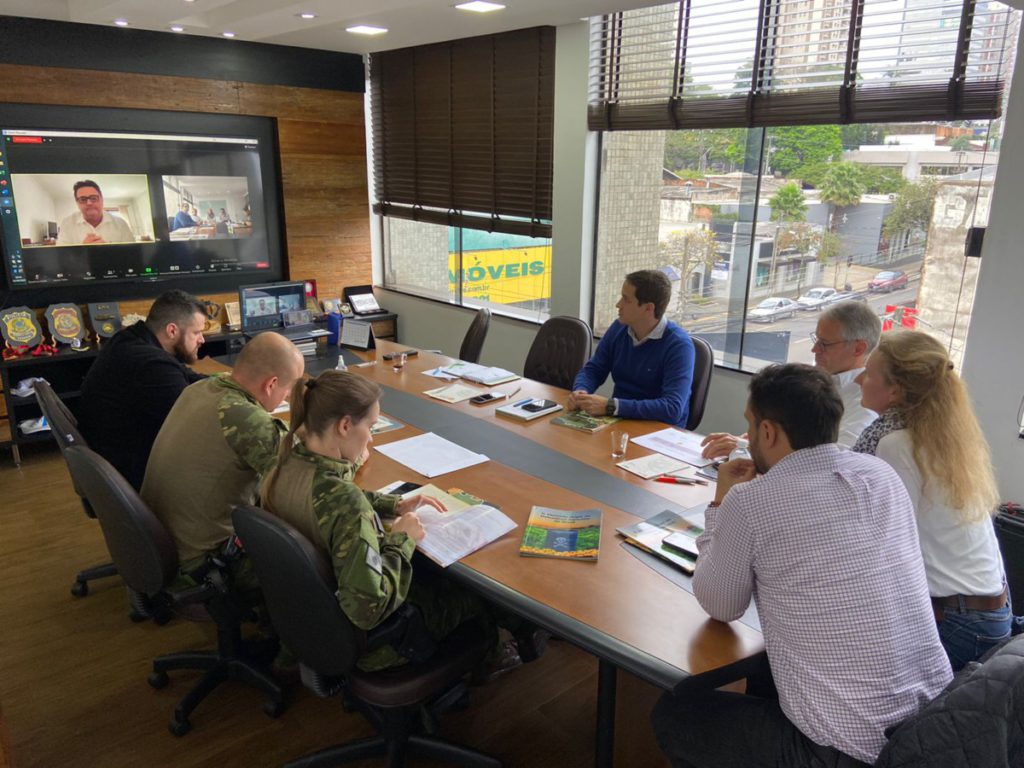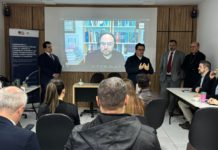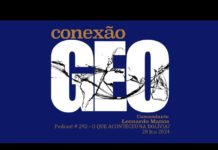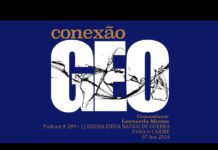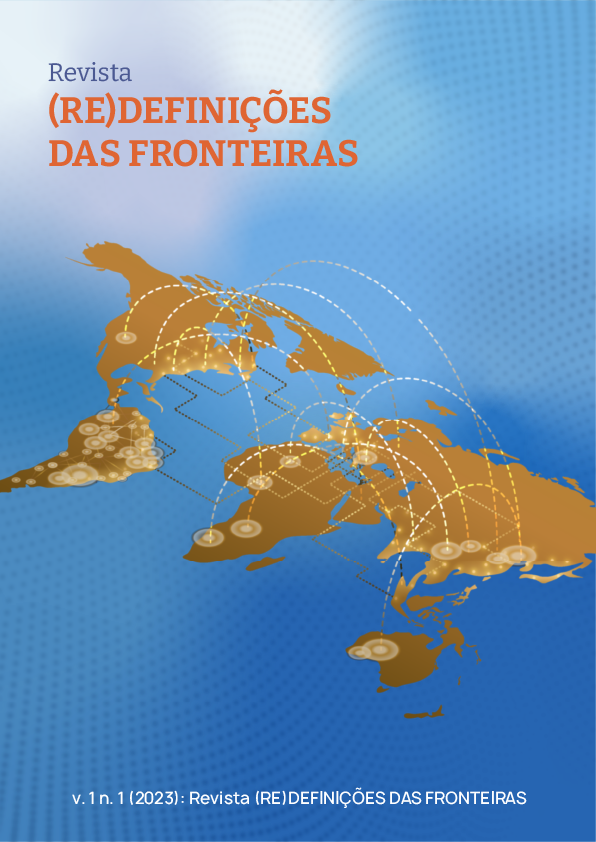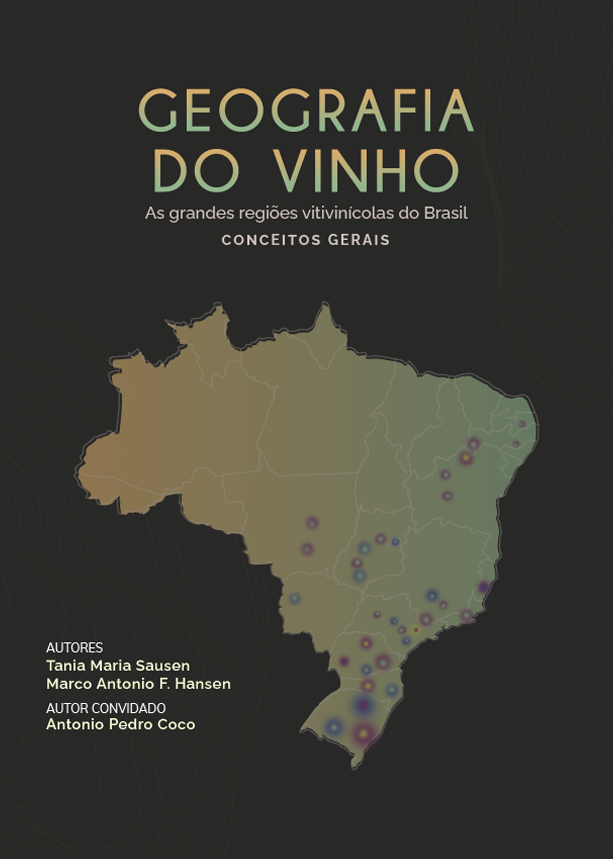Dois representantes da Bayer da Alemanha e dois do Brasil estiveram em Foz do Iguaçu na semana passada para verificar as ações de fiscalização e combate ao mercado ilegal de agroquímicos, além da correta destinação e destruição destes materiais quando apreendidos pelas forças de segurança.
A Bayer dispõe de um programa estratégico de proteção dos produtos e desenvolve ações de esforços conjuntos para evitar que este tipo de produto, em geral com poucas informações de procedência, proibidos no Brasil e em concentrações acima da permitida por lei no país e/ou duvidosas, entrem em território nacional.
Os produtos oriundos do contrabando e falsificação colocam em risco não apenas a saúde das pessoas, mas também representam ameaças à flora, fauna, solos e contaminação da água, dentre outros.
A programação contou com uma apresentação realizada pelo Presidente do Instituto de Desenvolvimento Econômico e Social de Fronteiras (IDESF), Luciano Stremel Barros, que explicou questões gerais sobre a região e o combate a este mercado ilegal, além de destacar problemas como as diferenças de legislação entre Brasil, Paraguai e os demais países da América Latina, o que favorece a entrada de produtos vindos do país vizinho.
Na sequência, Luis Eduardo Beiger da Luz, Policial Militar que faz parte do Batalhão de Polícia de Fronteira (BPFron), apresentou as ações de repressão realizadas principalmente na região do Lago de Itaipu e o Delegado-chefe da Polícia Federal em Foz do Iguaçu, Fabio Tamura, também abordou tal temática sob a perspectiva da PF.
Na Receita Federal, os representantes da Bayer foram recepcionados pelo Delegado da Alfândega de Foz do Iguaçu, Paulo Bini, e pelo Auditor-fiscal Osvaldo Toshio Yamashita. As visitas técnicas foram realizadas no depósito da RF, na Aduana da Ponte Internacional da Amizade, no Núcleo Especial de Polícia Marítima (NEPOM) e no Centro Integrado de Operações de Fronteira (CIOF).
Conforme já noticiado pelo IDESF, as apreensões de agroquímicos contrabandeados vem aumentando ano a ano. Em 2022, até o mês de setembro, o número já é 10 vezes maior do que em 2021 na fronteira Oeste do Paraná e no Mato Grosso do Sul. O item mais apreendido é o Paraquat, substância que tem uso proibido no Brasil, dentre outros que estão em desconformidade com a legislação brasileira.
Versão em inglês/english version
Bayer representatives know about inspection actions and the fight against illegal agrochemicals
Two representatives of Bayer from Germany and two from Brazil were in Foz do Iguaçu last week to verify the inspection actions and the fight against the illegal agrochemical market, in addition to the correct destination and destruction of these materials when seized by the security forces.
Bayer has a strategic product protection program and develops joint efforts to prevent this type of product, in general with little information on origin, from being banned in Brazil and in concentrations above those permitted by law in the country and/or dubious.
Products from smuggling and counterfeiting put not only people’s health at risk, but also pose threats to flora, fauna, soils and water contamination, among others.
The program included a presentation made by the President of the Institute for Economic and Social Development of Borders (IDESF), Luciano Stremel Barros, who explained general issues about the region and the fight against this illegal market, in addition to highlighting problems such as differences in legislation between Brazil, Paraguay and other Latin American countries, which favors the entry of products from the neighboring country.
Afterwards, Luis Eduardo Beiger da Luz, a Military Police officer who is part of the Border Police Battalion (BPFron), presented the repression actions carried out mainly in the Lake of Itaipu region and the Chief Delegate of the Federal Police in Foz do Iguaçu, Fabio Tamura, also addressed this issue from the perspective of the PF.
At the Internal Revenue Service, Bayer representatives were welcomed by the Foz do Iguaçu Customs Delegate, Paulo Bini, and by the tax auditor Osvaldo Toshio Yamashita. The technical visits were carried out at the RF warehouse, at the Customs of “International Bridge at Friendship” (border with Brazil and Paraguay), at the Special Center for Maritime Police (NEPOM) and at the Integrated Center for Border Operations (CIOF).
As already reported by IDESF, seizures of smuggled agrochemicals have been increasing year by year. In 2022, until the month of September, the number is already 10 times higher than in 2021 on the western border of Paraná and Mato Grosso do Sul. The most seized item is Paraquat, a substance that is prohibited for use in Brazil, among others that do not comply with Brazilian legislation.
